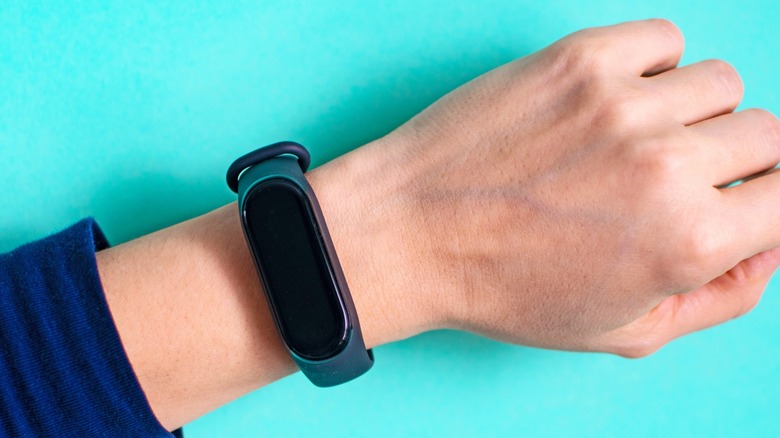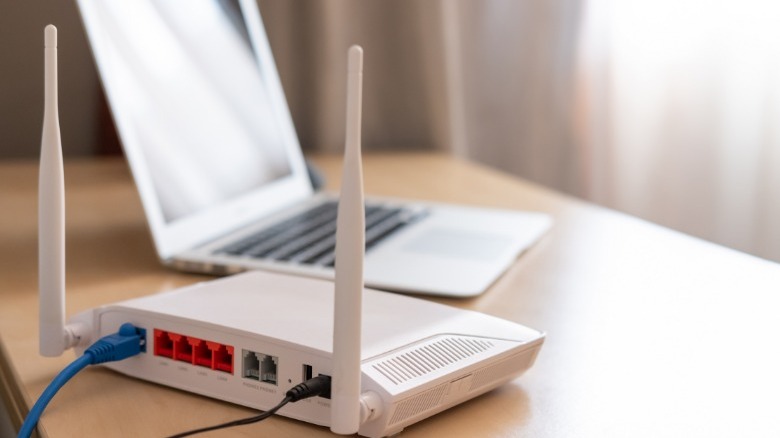The New Badge Gadget-Shoppers Need To Look Out For
The U.S. government has proposed branding consumer electronics devices with a "U.S. Cyber Trust Mark" seal. This move aims to inform customers that the gadgets and appliances they are purchasing pass the necessary cybersecurity safety protocols. The idea, a brainchild of the U.S. Federal Communications Commission (FCC), will cover everything from wearables like a fitness band and smart TVs to large appliances like microwaves and refrigerators.
The proposal goes into effect next year to enhance safety and privacy. Among the brands committed to joining the device safety certification program are domestic and overseas names such as Samsung, Google, Amazon, Logitech, LG, and Best Buy.
The idea is to help consumers "more easily choose smart devices that are safer and less vulnerable to cyberattacks," says the White House press release. Devices that pass the safety benchmarks the U.S. government sets will feature a prominent shield label representing the "U.S. Cyber Trust Mark" certification.
The FCC is assisted in its efforts by the U.S. Department of Justice to develop an oversight process and implement safeguards to ensure that consumers can put their faith in the U.S. government's initiative. The cybersecurity benchmarks that go into executing the plans have been set up by the National Institute of Standards and Technology (NIST).
Networking gear is next in the line
A crucial part of the proposal is creating a national database of all the safety guidelines shoppers can easily access by scanning a QR code, confirming that the wearable and household appliances they purchase have truly qualified for the "U.S. Cyber Trust Mark." Think of it like scanning a product's unique bar code or serial number to see it registered on a company's database, confirming its legitimacy.
The plans also aim to cover high-risk internet-connected devices such as Wi-FI routers. However, the NIST is yet to finalize cybersecurity guardrails and criteria covering them. The agency will draft the requirements for routers by the end of the year.
Previously, the FCC banned certain electronics, especially networking and communication gear from Chinese brands, citing safety risks. "The action we take today covers base station equipment that goes into our networks. It covers phones, cameras, and Wi-Fi routers that go into our homes," FCC chief Jessica Rosernworcel said in 2022. Some of the biggest names subsequently banned from the American market include Huawei and ZTE.
The U. S. Department of Energy will also work with the National Labs and corporate cybersecurity stakeholders to develop security-related safety label criteria for machines like power meters and smart inverters. In addition to electronics gadgets and appliance makers, the initiative has roped in experts from academic institutions like Carnegie Mellon University and Yale University.

